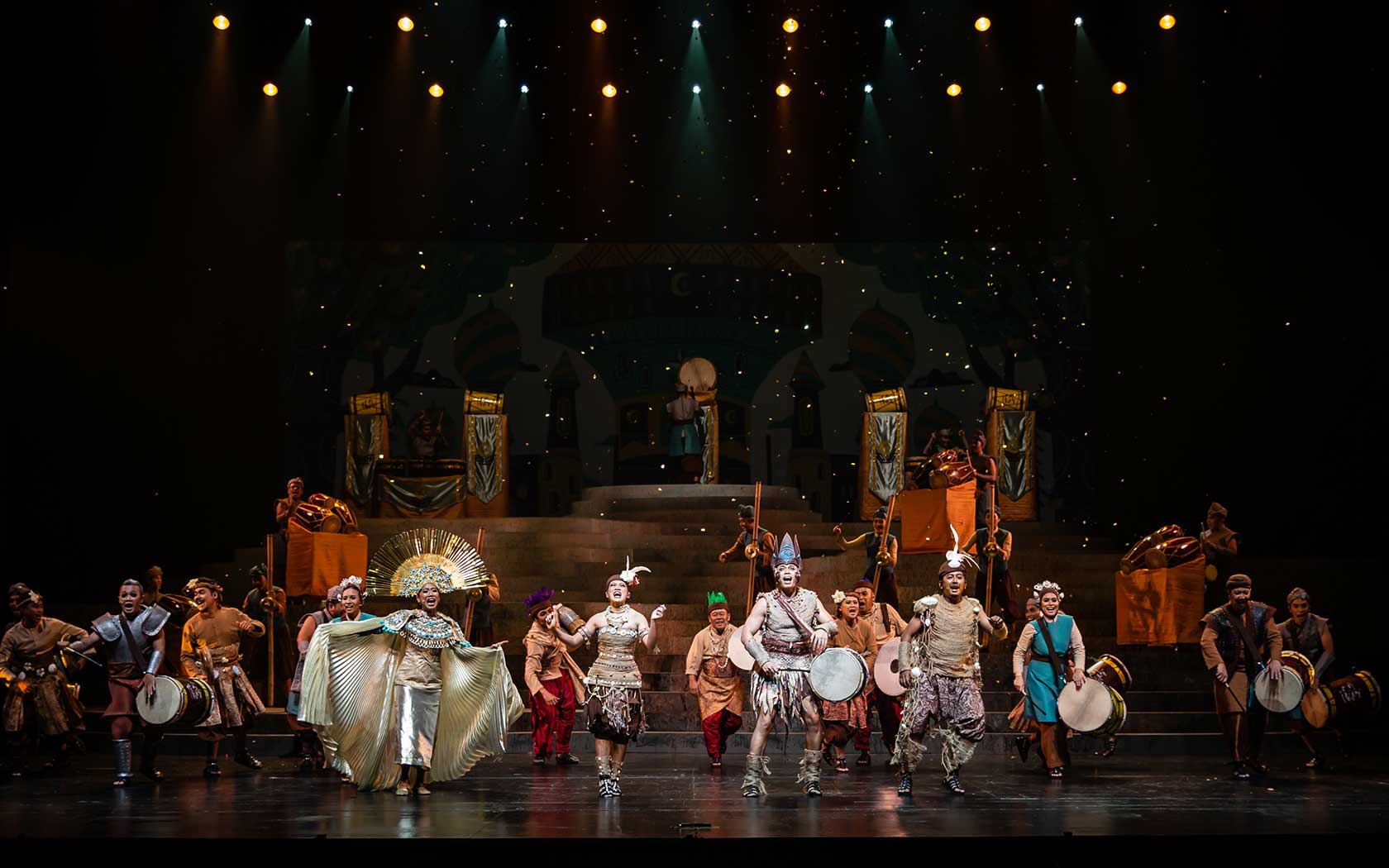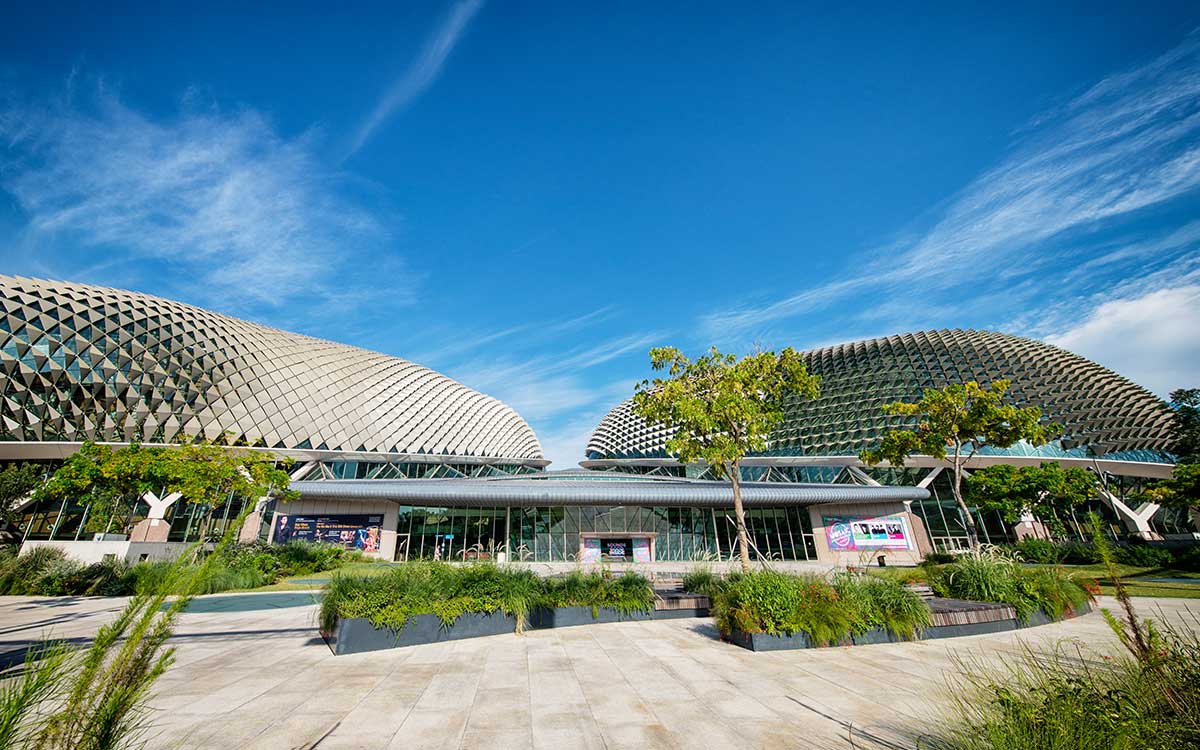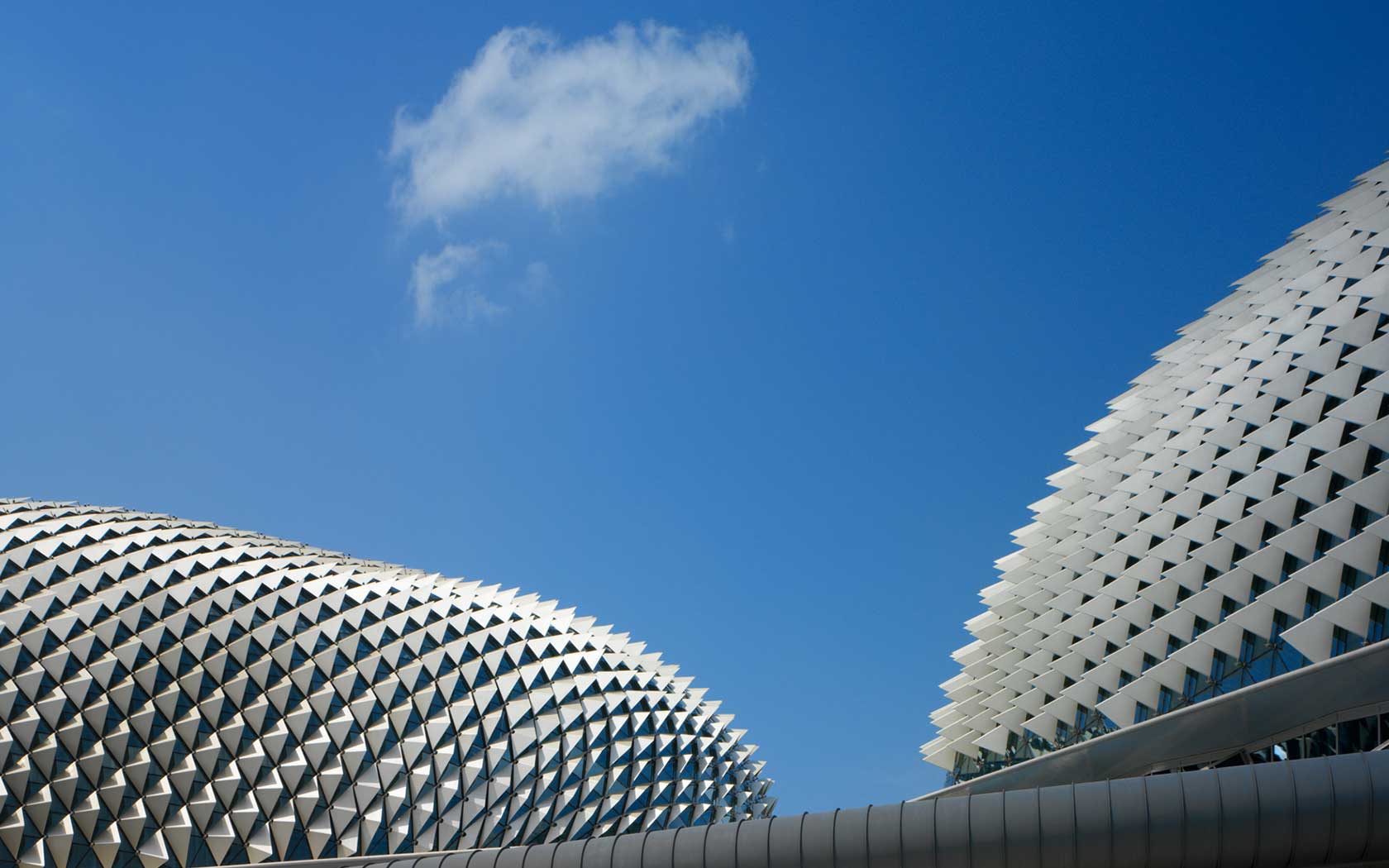We use cookies to improve your experience on our site. To find out more, read our data protection and cookie policy. By using our site, you agree to our use of cookies. Close to continue browsing.
Esplanade Presents
Malli-e-Rohi: Jasmine in the Desert
4 Apr 2025, Fri, 10.15pm
6 Apr 2025, Sun, 9pm
4 Apr: 1hr
6 Apr: 45mins
(Intermission: None)
Esplanade Concourse (4 Apr), DBS Foundation Outdoor Theatre at Esplanade (6 Apr)
This event is over.


This event is over.
The Indian subcontinent is a crossroads of spiritual traditions, suspended between realms of Buddhism, Jainism, Hinduism and Sufisim. Within these religions, many sought transcendence and peace from their worldly cirumstances, often through meditation and ascetic practices. For them, this journey led to a direct, personal experience with the divine, inspiring poems, songs, and sacred texts.
Even though much of Indian society was and remains staunchly patriarchal, revering male mystic poets, there existed many prominent female mystics whose narratives espoused struggles against gender-based oppression, personal liberation and a defiance of societal constraints—making their mysticism a form of empowerment and resistance.
Female mystics did not always come from the upper castes. The 13th century poet Janabai, for example, was a maidservant in Pandharpur to the household of Damasheti, the father of the renowned Bhakti saint Namdev. In her poems, she identified as “dasi” (which can mean both servant, or philosopher/sage), highlighting her household duties, her ardent devotion to Lord Vitthal (an avatar of Lord Krishna) and her employer Namdev, and finding spiritual liberation through her faith and service. In her poetry, she critiqued the caste system and the societal norms that marginalised communities like hers.
Another symbol of female empowerment is Akka Mahadevi, a 12th-century poet and mystic who referred to herself as a lover of Shiva. Her vachanas (poetic prose) reflected her quest for inner purity and rejection of worldly attachments—even clothing—because she was clothed in “Mallikarjuna’s light” and hence had no reason to be ashamed, covering herself only with her long hair to prevent attracting male desire.
By breaking societal barriers, striving for equality and maintaining unwavering devotion to the divine, the works of these female mystics leave a legacy that continues to inspire. Malli-e-Rohi (Jasmine in the Desert) brings together the voices of these mystics from different regions of the Indian subcontinent. From Akka Mahadevi in the south to Janabai in the west, to the Sufis of the Thar to the mystics of Bengal, the performers move across language and form, unveiling surprising connections in the mystic songscapes of the land.
4 Apr 2025, Fri
10.15pm
6 Apr 2025, Sun
9pm


Become a member

Great arts experiences begin with Esplanade&Me. Join this membership to enjoy ticket specials on shows at Esplanade, early bird specials, promotions at Esplanade Mall, unlimited access to Offstage and more.

Never miss a show again. Get on our mailing list.
- Malli-e-Rohi: Jasmine in the Desert










